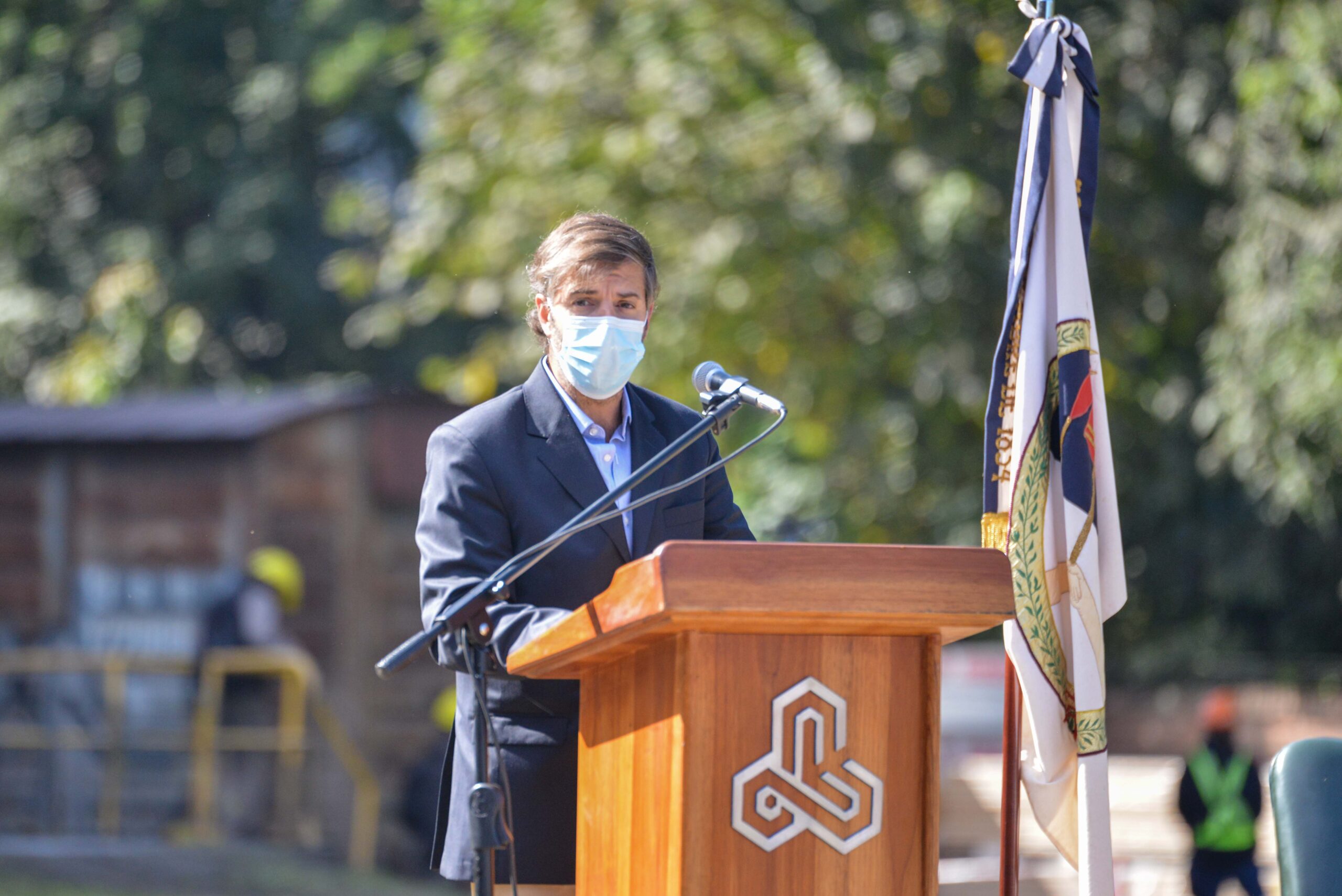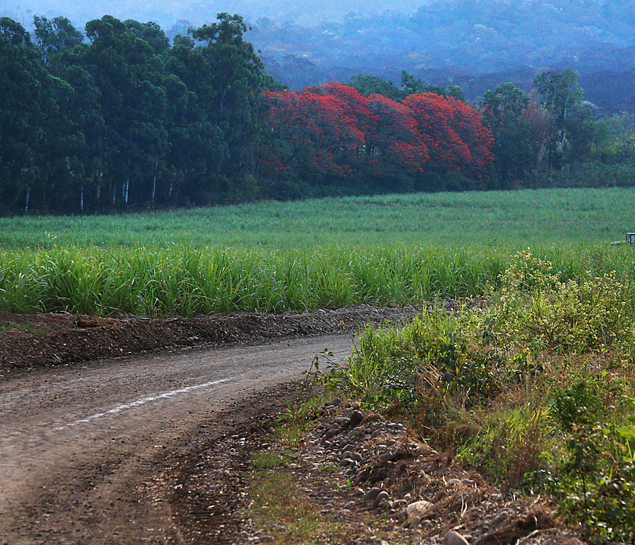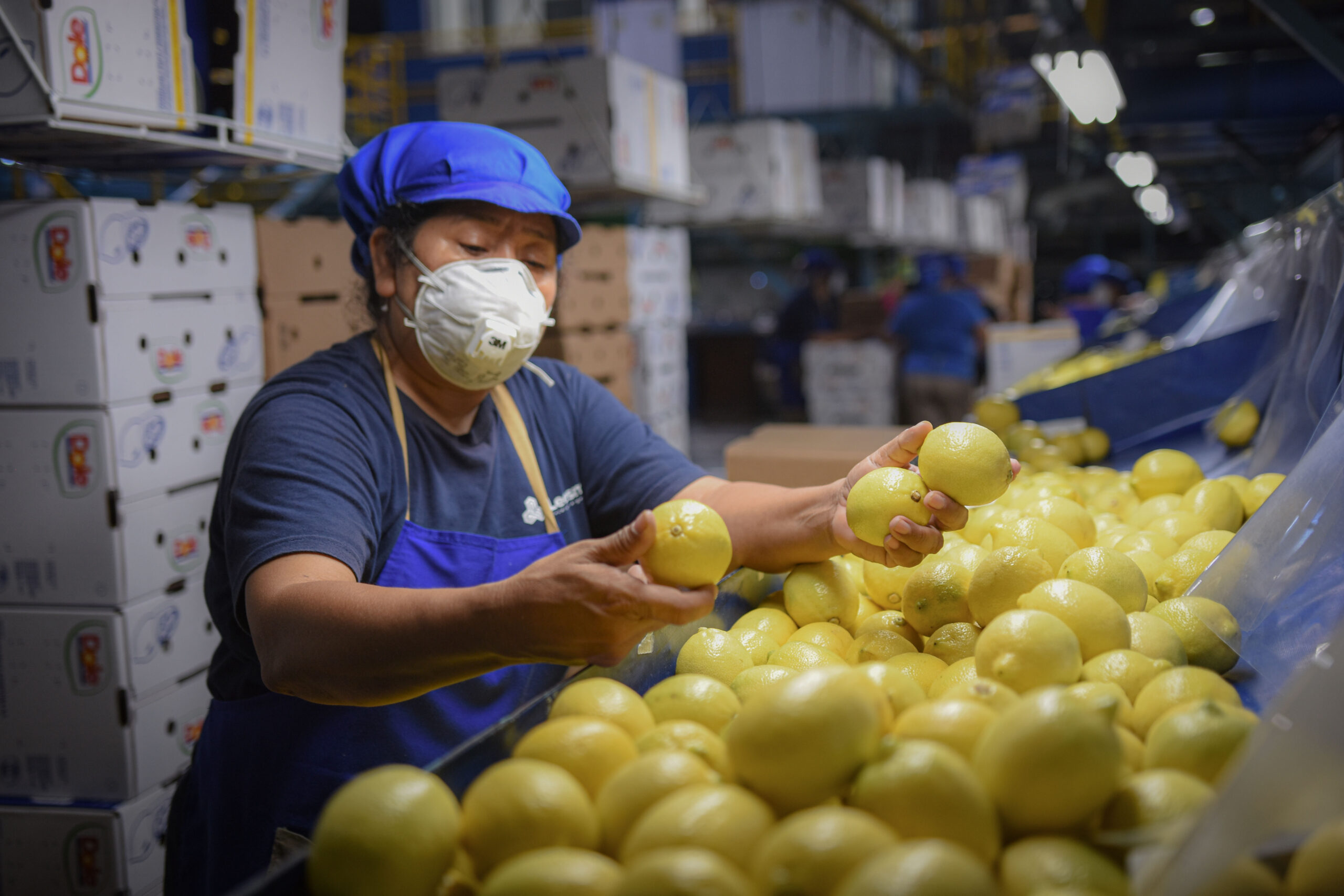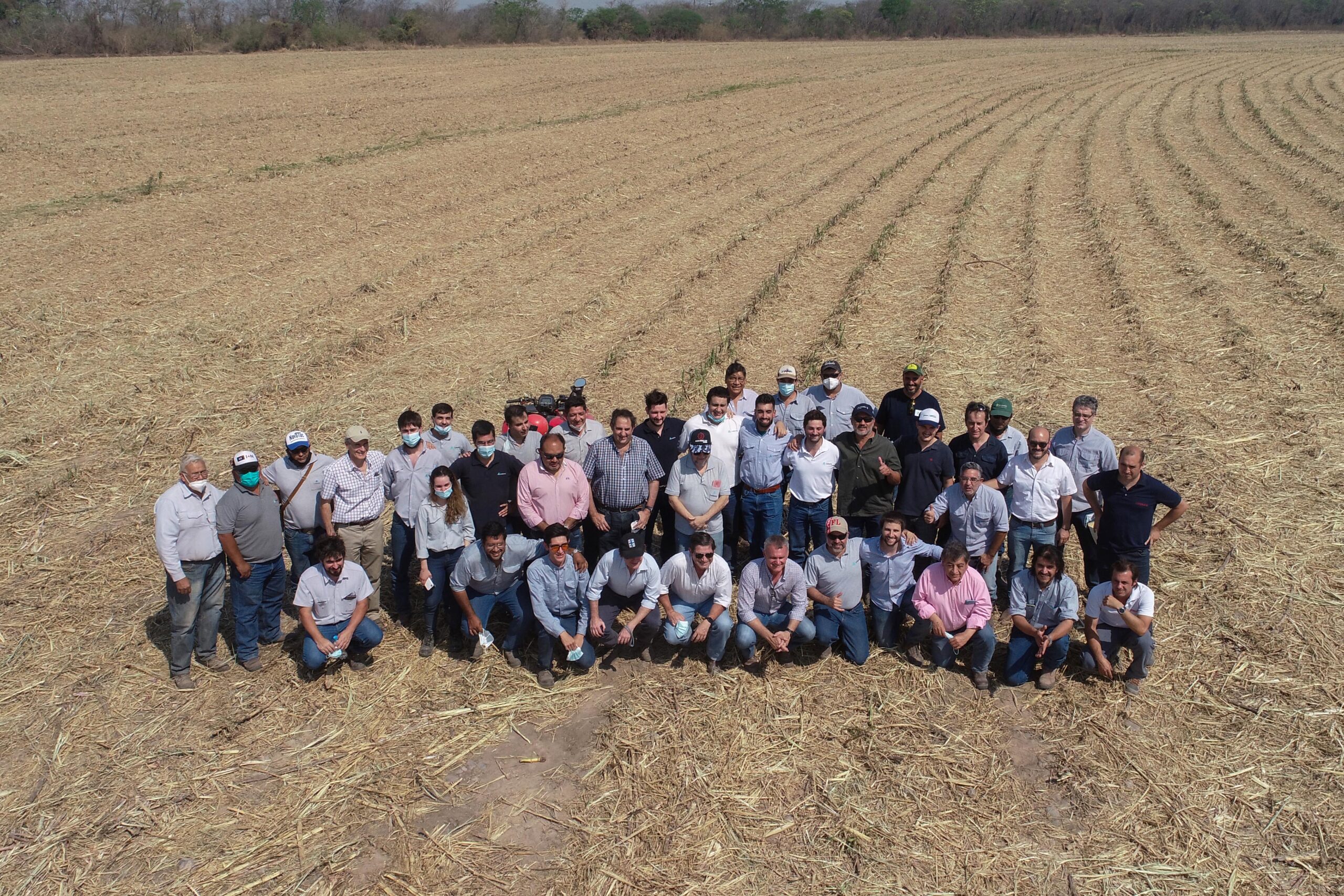Ledesma starts new Sugarcane Harvesting

(Libertador General San Martín, May 28th, 2021) Ledesma has started its annual sugarcane harvesting season in compliance with the Covid-19 protocols in force and protecting 6,000 employees in Jujuy, while starting its sugar, paper, alcohol and bioethanol production cycle.
This year, the company expects volumes of sugar production to be similar or slightly lower than in 2020, since the sugarcane yield was exceptional last year, mainly based on unbeatable favorable weather conditions. In 2020, the mill processed 3.6 million tons of sugarcane, producing 330,000 tons of sugar and 85,000 M3 of ethanol. During this harvest season, sugarcane is finally in good conditions after a very dry spring, a good summer with historical peaks of rainfall from January to March and a month (in April) when it rained more than usual. Of course, the final outcome will also depend on weather conditions during harvesting and mainly on the lack of long frost in Winter. The first days of the harvest will provide for initial cane yield indicators.
Investments
For this next harvest, Ledesma has invested USD 15 million on its new irrigation system through artificial intelligence, satellite image technology with drones and an RTK network connecting 526 computers in harvesters, tractors, trucks, bulldozers, motor graders and other agricultural machinery used by the company in the field, therefore improving efficiency and reaching enhanced cost competitiveness.
The sugar sector represents the main economic activity in the Northwest Argentine region. It employs 6,000 independent sugarcane cutters and 20 sugarcane mills in the provinces of Tucumán, Salta and Jujuy. Ledesma holds 17% of the total production in this sector; 90% out of which comes from self-owned sugarcane fields and the remaining from independent producers. The beginning of the harvest season also fuels labor-intensive activity: 100 trucks are used to haul sugarcane from the fields to receiving stations, another 40 trucks are destined to inside-mill operations and 100 trucks are used on a daily basis to deliver products to end users: sugar, paper, alcohol and chemical products, such as hypochlorite —a key input used for bleach production which turned to be more important during the pandemic. A total of 200 transport companies —mostly located in Jujuy and Salta— are hired during the harvest season, evidencing the huge number of indirect jobs generated by Ledesma activity.
Ledesma and COVID-19 pandemic
As a result of the Covid-19 pandemic, Ledesma has implemented a wide range of additional safety and hygiene protocols to protect employees, including thorough cleaning procedures in each work area, the distribution of reusable face masks on three occasions and their replacement upon demand, disinfectant solution stations in customer service areas for mandatory use for workers, internal and external customers, social distance and sectors demarcation, remote work for all employees who can do it based on the nature of their tasks and temperature control for all personnel entering the workplace, among others.
With the aim of supporting our community in the fight against the COVID-19 outbreak, Ledesma has also made numerous donations of food and health supplies in the province of Jujuy. In addition, Ledesma has also made available its facilities —Ledesma Athletic Club— together with its personnel and refreshments available therein to facilitate the vaccination campaign in the region.





